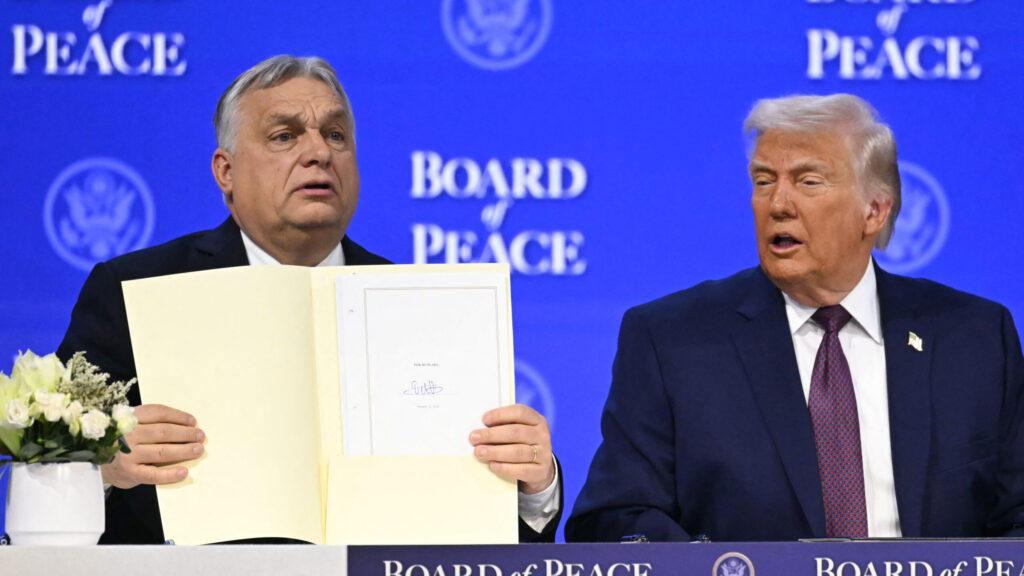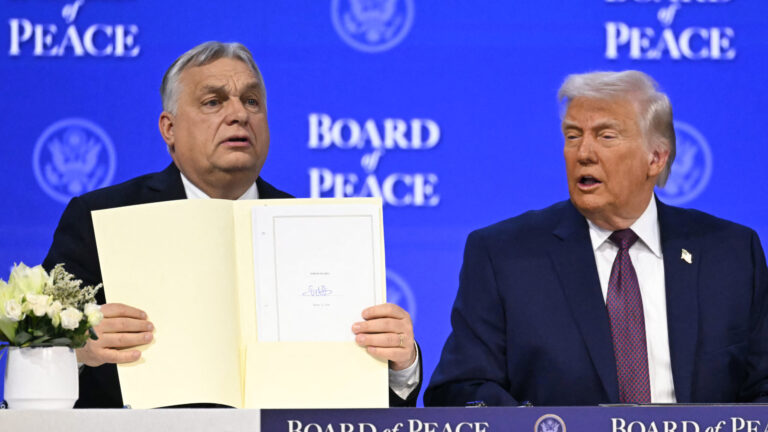Hungary continues to reject the European Union’s mandatory migrant quota system, aligning itself with a growing number of member states expressing frustration with Brussels’s top-down approach to immigration. Speaking on Hungarian public television Wednesday, Prime Minister Viktor Orbán’s chief advisor on internal security, György Bakondi, emphasized that most European governments no longer share the Commission’s stance, which continues to rely on distributing migrants across the EU as a solution to the ongoing migration crisis.
According to Bakondi, only nine of the 27 EU member states have indicated their willingness to accept illegal immigrants under the Brussels-imposed quota plan. Hungary has not responded, and does not intend to participate in what Bakondi called a ‘seriously misguided decision’.
He noted that while Brussels pushes for redistribution, several countries, including Germany, Denmark, Poland, Austria, Slovakia, Croatia, Slovenia, Italy, and Spain, have instead tightened border controls and begun more assertive deportation procedures.
Stricter maritime enforcement by Spain and Italy has redirected large numbers of illegal migrants departing from Africa to Greek islands, forcing Greece to temporarily suspend the processing of asylum applications through new legislation passed by its parliament. Other countries have introduced additional restrictions, such as limiting family reunifications and halting cash payments to illegal immigrants to prevent funds from falling into the hands of human smugglers.
Bakondi explained that these measures are driven by the growing awareness among European citizens of the social and security impacts of unchecked illegal immigration. ‘People in nation-states see the consequences firsthand,’ he said.
Hungary, he added, proposed a decade ago a model focused on border protection, the prevention of illegal entry, and the requirement for asylum requests to be submitted outside the EU’s borders, an approach that has only recently begun to gain traction across Europe.
‘Hungary remains firm in its position: secure borders, national sovereignty in immigration policy, and the rejection of imposed quotas from Brussels’
Speaking separately on Kossuth Radio, Bakondi warned of the consequences of mass migration. ‘It’s not hard to understand that bringing in a million unidentified young men per year will not lead to anything good,’ he said.
He also questioned the benefits promised by supporters of migration. ‘We were told migration would bring many advantages, but based on what we’ve seen at the borders, we haven’t encountered a single brain surgeon among them,’ he remarked, suggesting instead that what has arrived is a wave of aggressive, organized groups often tied to criminal networks.
Hungary remains firm in its position: secure borders, national sovereignty in immigration policy, and the rejection of imposed quotas from Brussels.
Related articles:







